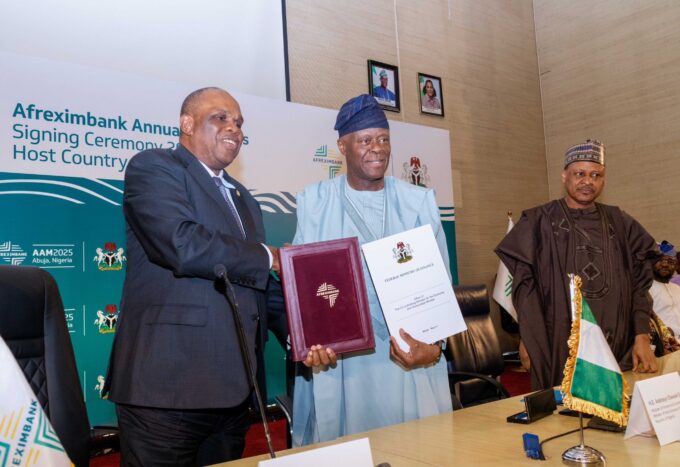After rising by a record $5.05bn last month, Nigeria’s external reserves dropped by $410m in the past 17 weeks, the latest data from the Central Bank of Nigeria have shown.
The CBN data revealed that the reserves dropped to $41.50bn on November 14 from $41.79bn on November 1.
The reserves, which had maintained a growth trajectory in recent months, increased from $36.78bn on September 30 to $41.83bn on October 29. It rose by $2.76bn in September from $34.02bn at the end of August.
The Head of the Economics Department, University of Ibadan, Prof. Adeola Adenikinju, pointed out that how to boost foreign exchange supply to the economy remained a challenge for Nigeria.
He said, “Given the four major sources of expanding supply: oil exports, foreign capital flows, remittances and non-oil exports, foreign portfolio investments, while desirable, is, however, very fungible.
“Oil exports are similarly very volatile. The long-term interests of the country would be served by encouraging remittances and non-traditional exports. Hence, suggestions to nationalise remittances will be counterproductive to the economy in the long term.”
Adenikinju, therefore, advised that Nigerians should be encouraged to bring their funds into the economy by removing any uncertainty around the ownership and management of such funds.
He also encouraged the CBN to conduct studies to better understand the working of the foreign exchange market in Nigeria, especially the microeconomic factors driving economic agents’ behaviour in the market.
He said, “In the light of the above, I would like to make the following recommendations: First, given the limited options open to the bank to expand foreign exchange supply in the near term, there is a need to carry out a comprehensive study of foreign exchange market operations in Nigeria with a view to determining the fundamental drivers, and relative sizes of the segments of the foreign exchange market in Nigeria.
“In addition, there must also be effective monitoring of the DMBs to close loopholes for shady practices, collusion, and round-tripping,” he added.
Source Punch














